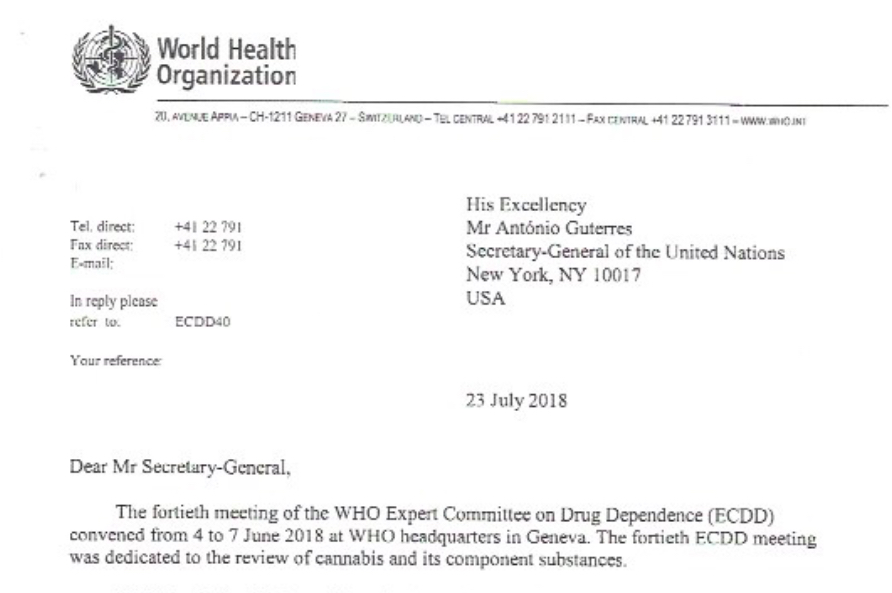Basic business liability coverage is not enough for those cultivating, selling and distributing cannabis. General liability, property and even commercial renter’s insurance policies all exclude aspects of cannabis operations, leading to significant gaps in coverage.
Unfortunately, many cannabis operations purchase traditional property policies, assuming they’re insured. Then, when a claim comes to light, they find out they’re not covered.Consider the following common exclusions that could lead to a costly business interruption – or worse
Although the production, sales and distribution of cannabis is legal in many U.S. states, it is still illegal federally. This disparity can cause confusion when it comes to insurance compliance. Cannabis companies will want to secure industry specific coverage for risks associated with property, business interruption, and auto as well as general liability.
Consider the following common exclusions that could lead to a costly business interruption – or worse – a shutdown of operations when not properly insured:
- Property coverage does not cover crops. Cannabis crops require specific coverage for different growth stages, including seedling, living plant and fully harvested. The insurance industry has designed policies specifically for indoor crop coverage for cannabis operations. There is some market availability for normal insured perils such as fire and theft, to name a few. Work with your broker to review your property policy and any potential exclusions related to cannabis operations. There is currently not much availability for insurance for outdoor crop.
- Auto policies exclude cannabis transport. Some states require separate permits for transportation. Review coverage options with a knowledgeable broker before moving forward with driver hiring. Implement driver training sessions on a regular basis, conduct background checks and review MVRs prior to hiring company drivers. Teach drivers how to handle accidents on the scene, including informing law enforcement of the cannabis cargo. Remember that transporting cannabis across state lines (even when legal in both states) is still illegal due to federal law.
- Equipment damage and/or breakdown coverage may be excluded from property policies. Consider the expenses and potential loss of revenue due to mechanical or electrical breakdown of any type of equipment due to power surges, burnout, malfunctions and user error. Having the right equipment breakdown insurance will help you quickly get back into full operation, with minimal costs. Conduct an onsite risk assessment of your equipment to get a comprehensive picture of your risk exposure, and review current insurance policies to identify key exclusions.
Organizations looking for cannabis business insurance are best off working with a qualified broker who is knowledgeable in the cannabis space.As the cannabis industry continues to expand, more and more insurance options have become available. And yet as with any fast-paced industry, not every option that appears legitimate is a good risk for your cannabis business.
Be a contentious insurance consumer. Review the policy closely for exclusions and coverage features so you understand the premium rates and limits of the policy. Discuss with your broker the history of the carrier as to paying claims in a timely fashion.
Organizations looking for cannabis business insurance are best off working with a qualified broker who is knowledgeable in the cannabis space.



























